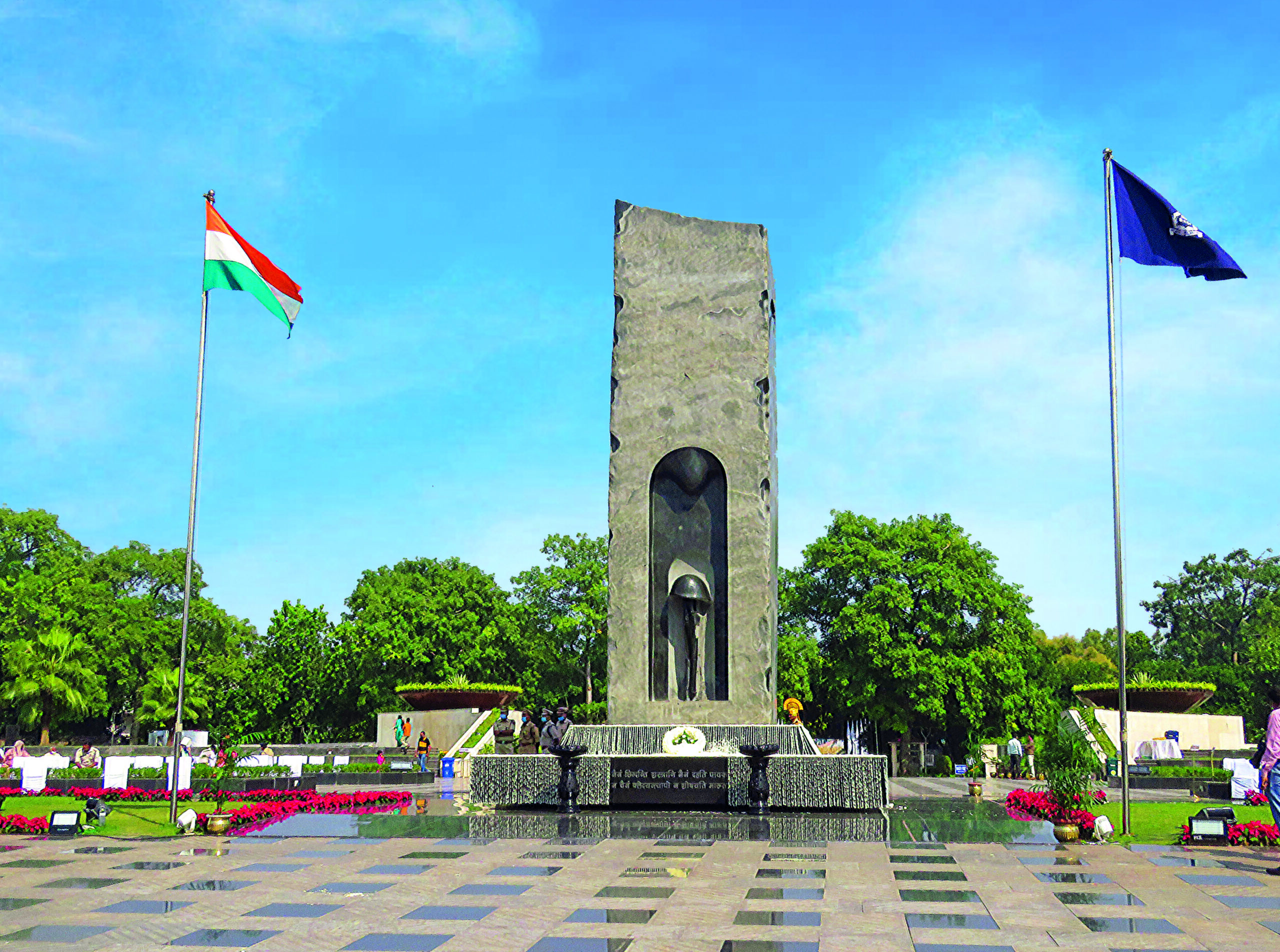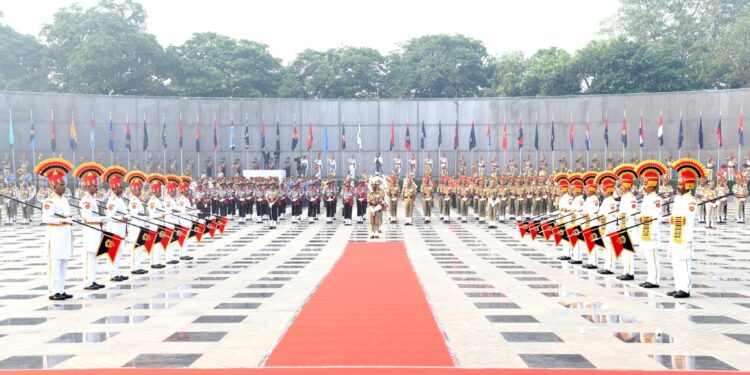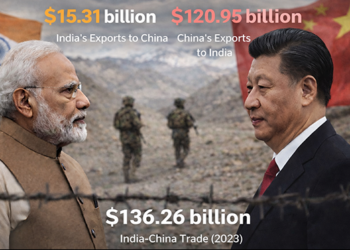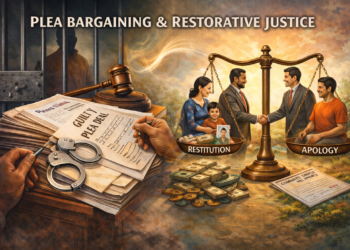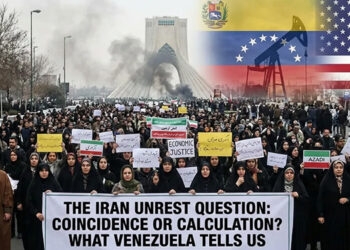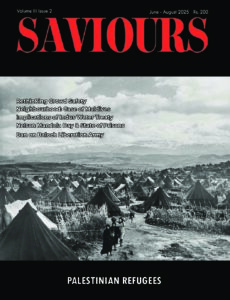Anshul Chaturvedi, raised in a police family of an IPS officer, Sh AC Chaturvedi of J&K cadre, writes an emotional note for the fallen men and women in Khaki, drawing the attention of the world to the challenges faced by them on the occasion of the Police Commemoration Day, which falls every year on October 21.
Today is Police Commemoration Day.
The Police in India are a massive contradiction, and most of what makes it to the news is the part where it does not deliver – the inefficiency, the reputation for being easy to bribe, the abrasive brutality against the weak, contrasted with the flexibility of the backbone when against the powerful. All that is not exaggerated. Not at all. It is omnipresent.
And yet simultaneously, in that generic mass of thousands and lakhs of men and women in khaki, there are so many people who still live, or try to live, a life of idealism, a life of service. Who are incorruptible – and pay the price for it. Who risk transfers, sidelining, and their careers, for taking a stand. Those who have a conscience. Those who believe and feel that crime must not go unpunished. Those who take risks that they could avoid, knowing that they may well pay with their lives. Those who live frugal lives and are happy to live with no more than their basic salary and the satisfaction of having made a small difference in someone’s life by doing what they do – finding a lost child, taking someone in time to the hospital, rescuing a kidnapped hostage in a shootout.
I grew up in the home of an IPS officer, spent some years of my childhood on the campus of the National Police Academy, and later saw how the state and central Police responded and dealt with how J&K changed in the 1990s. Some of my thoughts and perceptions were shaped in that journey.
As a journalist, I recall covering a story where a team of two men of the bomb disposal squad died on the spot when defusing a bomb near the Police Lines in Jammu. Those were the 1990s. You did not have the technology you have today. It was a little like those scenes in the movies—looking at the wires, trying to disconnect the right one. Knowing that you were risking your life. But in the movies, after all the background music, finally, the correct wires are cut. Real life isn’t always like that. I thought for a long time that day. They literally went right up to a live bomb. For the salary? No, nobody does that. But that was the job – to keep others safe. And in doing that, sometimes you lose your own safety. Your life, too.
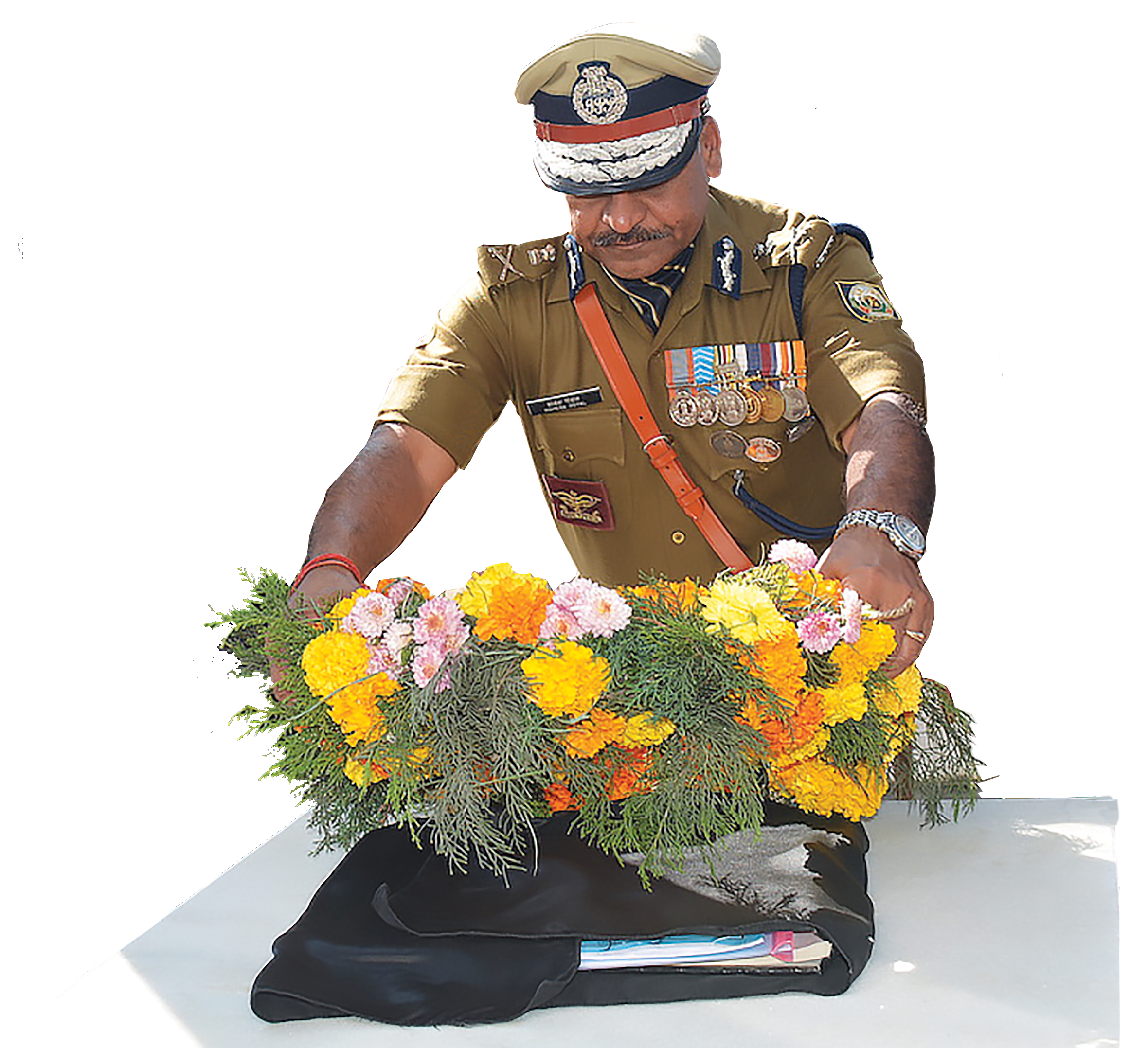
I recall, in that period, some 26 years back now, reading a news report of a very young constable in Reasi who was part of the escort with a Bank vehicle taking salaries into a remote region. They were ambushed. The militants asked the men to surrender their weapons. Of the four policemen, three did that and lived. This one constable refused to surrender his weapon – that is the ultimate dishonour for a man in uniform. He refused to step back from his assigned duty. He opened fire. He died that day, facing maybe ten men, doing his duty as a policeman, when he had all the opportunity to quietly put his head down and return home to his family. I thought for a long time about what must have gone through his mind when he chose to do that. How intensely he must have taken his role – his duty – as a policeman. Did people still have that fire within them?
Over the years, as someone with a family connected to the police and as a journalist, I have heard countless stories of untold heroism in Jammu and Kashmir, from the seniormost ranks to the trainee constable. No movies were made on them. But that doesn’t change the reality of those human costs. The men of the J&K Police paid a price in blood to push back militancy at its peak, and continue to do so.
Punjab was not very different. The years of terror were brutal, and few rules of civility would have been observed on both sides; that is true. There was a time in Punjab when everyone would shut the doors at night, and CRPF gypsies with an LMG on top and thick wooden panels as improvised bullet-proofing would be the only vehicles for endless miles on the lonely Punjab roads. The local police, a very high proportion of which was Sikh, fought a bloody battle for years. The price they paid ranged from attacks on the then DGP Julio Ribeiro, to dozens of officers of all ranks killed, to a long night when militants in a coordinated manner selectively killed 40-odd relatives of policemen, across villages. Yet, the force displayed the spine to keep the fight going. Those things are forgotten today, and there were no YouTubers or social media experts to talk about all this back then.
On the day India remembers the policemen who fell in the line of duty, it is important to remember that, even today, after all the pressures to adjust, to compromise, to align, to put personal interest and ideology above the rule of law, to put personal comfort above conscience, there are, still, hundreds, if not thousands, of policemen, poorly paid, poorly equipped, who put their neck out. To stand in front of a speeding drunk motorist. To try to stop a truck of the sand mafia. To enter a building where an armed criminal is hiding. To protect a VIP from an attack. To try to defuse an explosive. To chase after a criminal in an area, highly outnumbered. And pay with their lives for that, when they could have chosen the easier route, to just look away, to let it be, to select cowardice over duty.
As they say, the policeman’s lot is not a happy one. The Indian policeman’s lot is generally a miserable one, more so if he isn’t the sort who wants to stash his mattresses with notes and believes in the old-fashioned world of duty unto death.
Amidst all the news about cops with cash and those who serve in uniform only to advance their careers, let us take a moment today to remember those who laid down their lives because they believed in doing their duty. To remember that, without the presence of those who still work that way, our lives would be infinitely worse off.
